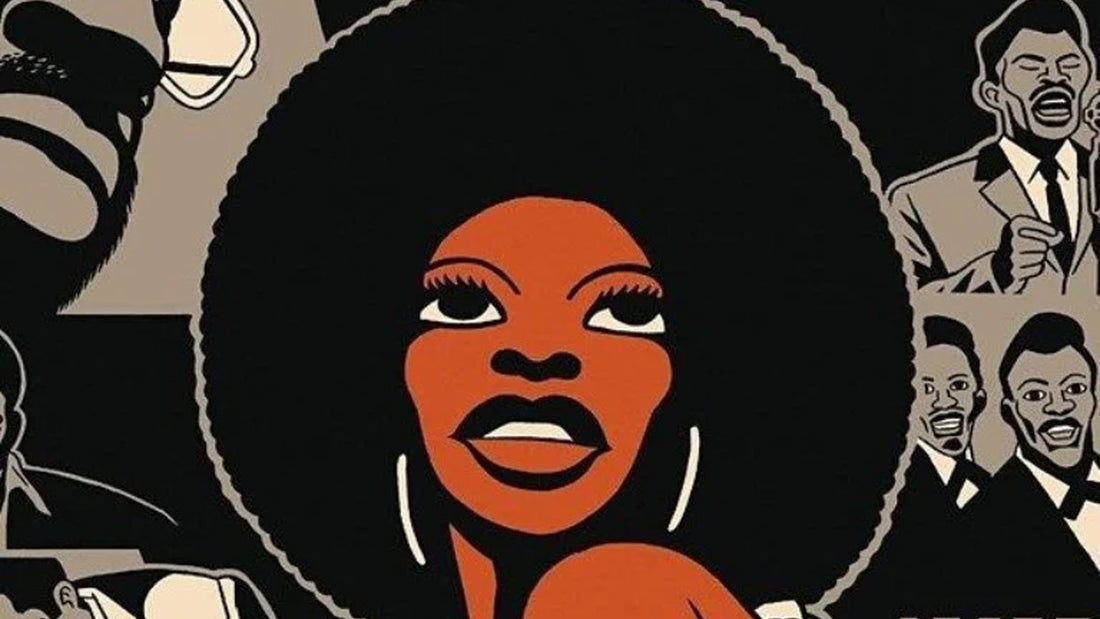
From Jazz to Hip-Hop: The Legacy of Black Music in America
Black music covers a wide range of topics significant to the African-American community, from tales of slavery and racism to the fight for basic human rights and expressions of heritage and values. Over the years, Black musicians have achieved great success on music charts and at entertainment award ceremonies. President Jimmy Carter designated June as Black Music Month in 1979, but it wasn’t until 2000 that a presidential proclamation officially recognized it. In 2009, President Barack Obama renamed it African-American Music Appreciation Month.
Originally created to honor Black artists' contributions to U.S. music, Black Music Month was intended to highlight the global influence of Black music. Despite Carter’s initial designation, it took the efforts of journalist Dyana Williams and Congressman Chaka Fattah to officially declare June as Black Music Month in 2000.
In 2009, President Obama emphasized the importance of various Black music genres, including sacred music, blues, R&B, hip-hop, rap, and rock and roll. African-American music has significantly shaped American history and culture, especially during the Civil Rights Movement. The influence of these genres extends to rock, soul, gospel, swing, bebop, boogie-woogie, and more. Bands like The Rolling Stones and The Beatles, as well as Elvis Presley, have credited Black artists as major influences.
Throughout June, African-American Music Appreciation Month celebrates the diversity, inclusivity, and profound impact of African-American music on modern American culture.
